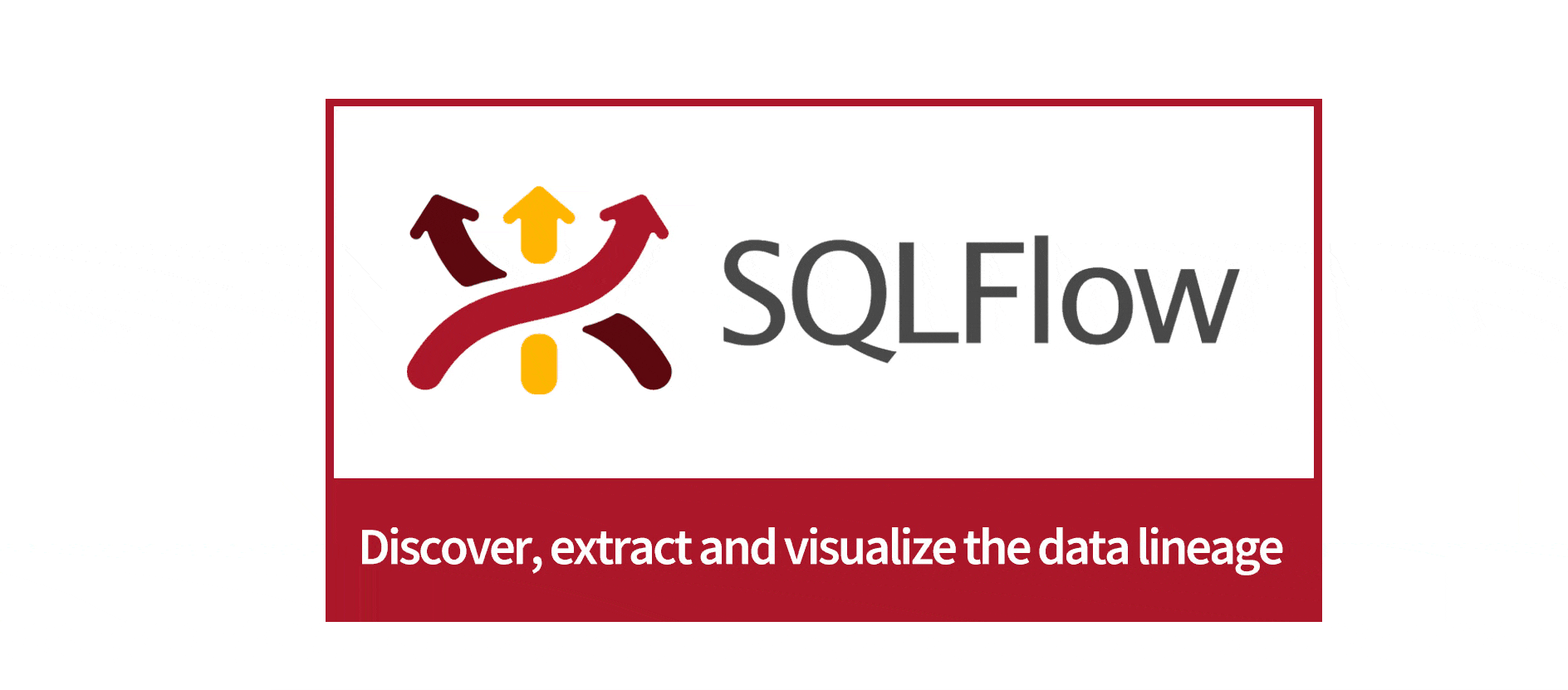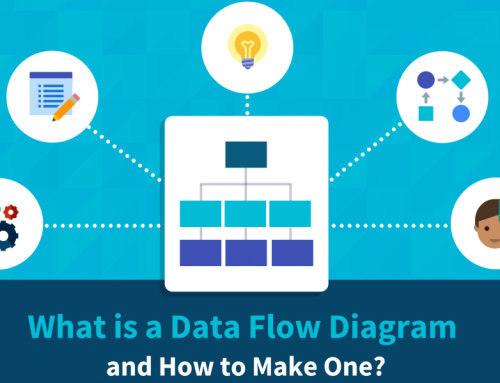8 Reasons Why Data Governance Initiatives Fail
Data governance is an opportunity for organizations to improve process efficiency and drive business growth. What sounds simple can be quite a challenge. According to a Gartner survey, more than 90% of data governance initiatives fail. In today’s article, let’s look at some of the 8 most common reasons why data governance initiatives fail.

Reasons Why Data Governance Initiatives Fail
Reasons Why Data Governance Initiatives Fail – 1. Lack of clear goals
- No clear goals. It is not to say that there are no goals, but rather that the goals are large, broad, and unfocused, with no consideration of the goals being achievable and measurable. For example, the goal is to solve all data quality problems in the enterprise.
- The goal of data governance is too shortsighted, leading to rework of data governance. For example, governance begins when there is disagreement among stakeholders about the definition and understanding of data quality objectives.
- Data governance goals are not linked to business goals, and only consider how to govern from a technical perspective, not why.
Tips: Lack of clear goals or a focus on shortsighted governance goals leads to a failure to develop a consistent governance mechanism, resulting in wasted resources and data governance falling by the side before it can be effective. Effective data governance begins with a clear governance goal that must be tied to business value.
Reasons Why Data Governance Initiatives Fail – 2. The division of labor is chaotic, and the rights and responsibilities are unclear.
- There is no clear definition of who has the right to own data, who has the right to use data, who has the right to manage data and other responsibilities. It is claimed that everyone is responsible for data quality, but in fact, data management is very chaotic and a lot of duplication, and when problems really arise, no one is willing to take responsibility.
- No clear data right confirmation and accountability mechanism has been established, and when data problems occur, we do not know who to call, and multi-party coordination has slowed down the project implementation and led to many quality problems not being solved.
- Let IT staff focus on data quality definitions and trends, analyze and determine the root cause of data quality issues.
- Let business personnel analyze the data structure, engage in data lineage and data use.
Tips: Effective data governance must do a good job of confirming the rights and responsibilities of data, and handling the collaborative relationship between the IT department and the business department. The IT department should focus on technical delivery, and the business department needs to focus on the definition of data quality rules and continuous improvement of data quality. Both teams must work together and maintain open lines of communication in order to monitor and improve data quality.
Reasons Why Data Governance Initiatives Fail – 3. Insufficient attention from top management
- Senior managers do not have a high level of awareness of data governance, and confuse data governance with data management, believing that data governance is the responsibility of THE IT department or THE DBA, which can be handled by the IT team without too much involvement and attention from senior leaders.
- Senior managers shout slogans such as “Data is an asset, governance is very important, and it must be strongly supported” every day. The slogans were shouted loudly, but there was no real action. The data department cannot be fully empowered, or assigning a small, uninfluential department to be in charge, which is not feasible.
- Senior managers have insufficient authority and influence to promote the binding of data governance goals and business performance. In the case of cross-departmental coordination, each department promises to cooperate well, but in actual implementation, it is still its own way.
Tips: An effective data governance project requires senior leadership to take responsibility. The leading senior managers should not only have a certain understanding of data governance, but also have considerable authority and influence, be able to coordinate across departments, and be able to give full authorization and strong support to the data department in the project.
Reasons Why Data Governance Initiatives Fail – 4. Lack of data governance experts
- Confusing data governance and systems management makes IT system administrators accountable for the quality of data. This is as unreliable as making the water pipeline repairer responsible for the quality of the tap water.
- IT is thought that data quality management is all about IT personnel, and IT is enough to understand algorithms, models and programming. However, data quality teams must have a business analytical mindset and sufficient understanding of business processes to make the right decisions, and may not understand the impact of bad data if they do not understand the business.
- Mistakenly think that data quality is the business people’s business, and it is enough for the business people to be responsible. However, data quality is not just about identifying business rules and correcting errors, it is also about continuously monitoring data and designing processes that minimize the risk of errors. What’s more, in many enterprises, there are not many business people who can clearly explain the business rules.
Tips: Data governance is cross-functional, not the business of one department or one person. Neither pure business people nor isolated technical staff have the complete ability to deliver data governance. Enterprises need to cultivate a group of data governance experts who understand both data governance technology and enterprise business.
Reasons Why Data Governance Initiatives Fail – 5. Opaque rules and systems
- The formulated data management system and data management process are not released and publicized, the defined data standards are not publicized, and it is not known whether the relevant stakeholders are aware of these rules.
- The progress and results of data governance are not reported in a timely manner, and the relevant leaders and departments are not allowed to see the results.
- Mistakenly thinks that data is an asset, and it must be “hidden” and cannot be shared with other departments. Only when there are “islands of information” can we maintain the “information gap” with other departments and ensure our “mystery”.
Tips: Effective data governance requires full transparency. The progress of the project, work results, and existing problems need to be seen by the boss and the business department in time to enhance their confidence in data governance. Problems should not be hidden, but should be exposed and resolved in a timely manner. At the data level, it also needs to be more transparent. Master data and reference data must be shared within the company. Data assets and data lineages must be visualized as much as possible, so that data can be seen, found, and used well.
Reasons Why Data Governance Initiatives Fail – 6. Passive data governance
- Focus only on business processes, not data quality.
- The initiative to establish data governance strategy is not considered, there is no unified data standard, and the data of each system is maintained independently.
- At ordinary times, do not pay attention to data governance and timely treatment of data quality problems.
Tips: Effective data governance requires building a data governance strategy at three levels: before, during, and after the event. Before the event: define and establish data standards, carry out data standard publicity and training, and cultivate enterprise data culture. In action: data verification based on data standards, data maintenance and use based on established processes and systems. After the fact: continuous data quality measurement, ongoing data issues and business process improvements, etc.
Reasons Why Data Governance Initiatives Fail – 7. Project-based data governance
- Treat data governance as a one-off project, with high expectations that data quality will improve overnight through the implementation of a project.
- Mistakenly think that data governance is to deal with the currently discovered data problems.
- Mistakenly believe that data quality and data governance processes are single one-time activities.
- Mistakenly believe that data governance policies and data quality measures do not need to be agreed with relevant departments.
Tips: The ultimate goal of data governance is to increase the value of data. It is a continuous and long operation process that requires gradual improvement and step-by-step iteration. It is unrealistic to expect data governance to be completed in one step. Project-based data governance is incomplete and non-continuous. It can solve temporary data problems, but it is difficult to obtain continuous data value, and the effect is destined to be unsatisfactory.
Reasons Why Data Governance Initiatives Fail – 8. Siloed data governance
- Data standards are established but data standards are not implemented, legacy systems do not perform data transformation and data mapping, and new systems do not refer to data standards. Data standards are shelved and become a piece of paper.
- View data governance as a separate, additional task that is not tied to business processes. Business departments only cooperate to clean up data quality issues, but do not accept data rules built into business processes.
- Business departments believe that data governance will only increase their extra workload, impose certain constraints on the business, and have no help or value to their business performance.
Tips: Effective data governance should be viewed as a tool to help business people achieve business goals, not as an additional task, but as embedded in the business processes of the enterprise, regulating the maintenance and use of data in the daily life of the business.
Conclusion
Thank you for reading our article and we hope it can help you to have a better understanding of reasons why data governance initiatives fail. If you want to learn more about data governance, we would like to advise you to visit Gudu SQLFlow for more information.
As one of the best data lineage tools available on the market today, Gudu SQLFlow can not only analyze SQL script files, obtain data lineage, and perform visual display, but also allow users to provide data lineage in CSV format and perform visual display. (Published by Ryan on Jul 10, 2022)
If you enjoy reading this, then, please explore our other articles below:



